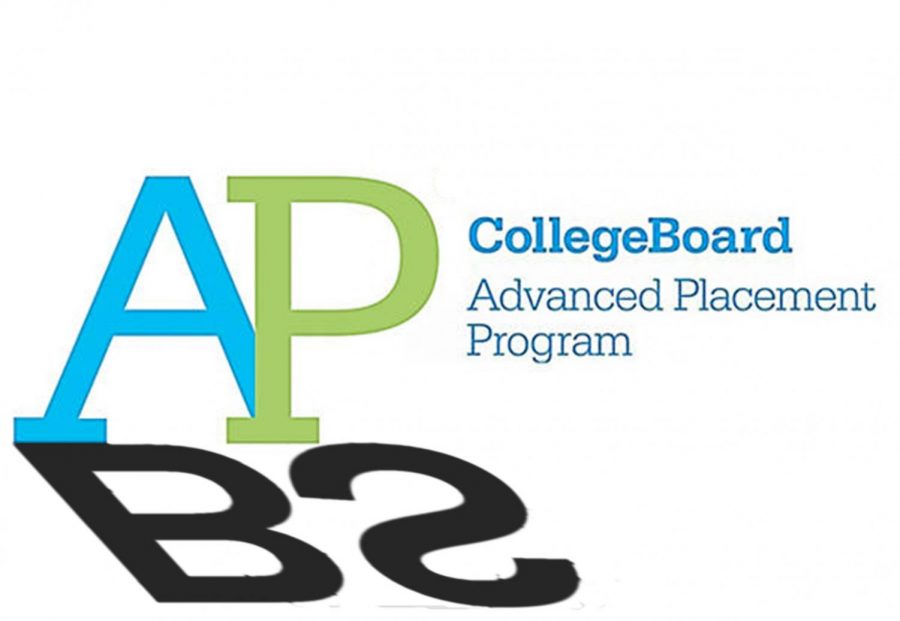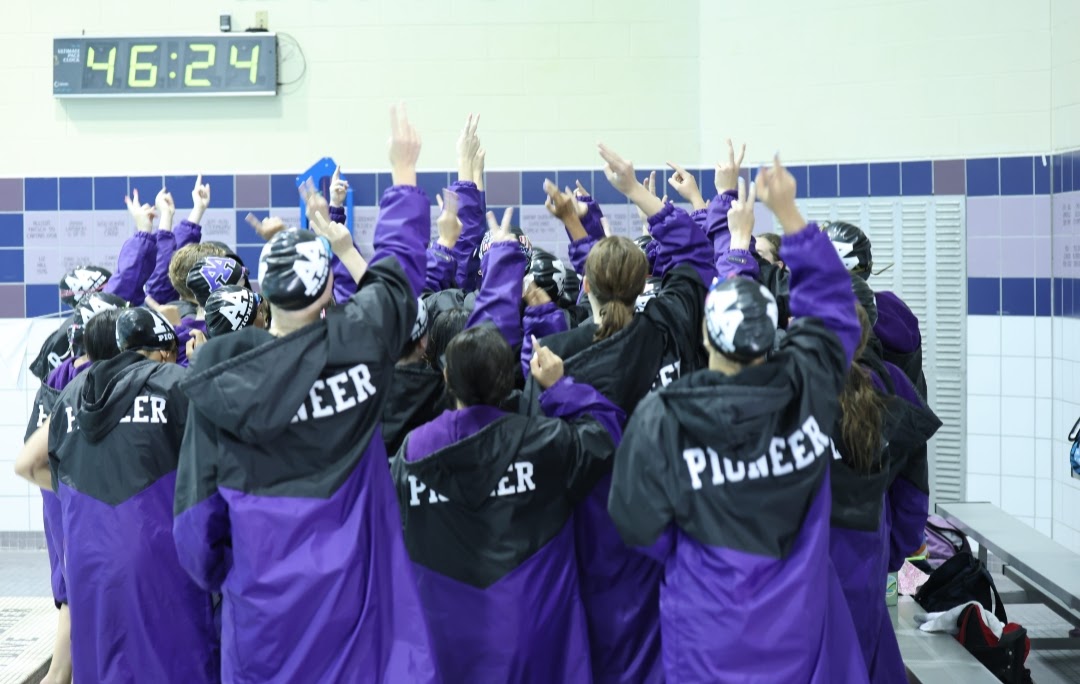I Signed Up for an AP Exam; I Got a Farce
May 30, 2020
On Friday, May 15, with four minutes and 22 seconds left in my testing period, I submitted my Advanced Placement (AP) United States History exam to the College Board’s new online test-taking software. Instead of relief, a surprising feeling gripped me: I was pissed.
Education, like everything else, has changed during the pandemic. I take my classes online, I attend Zoom and Google Meet video chats for my extracurriculars and I will not receive a grade at the end of the semester.
The College Board, administrator of the SAT and AP tests, is no exception to change. Students can no longer file into a large room together and take a standardized exam. But the solution they have come up with puts even more stress on already-beleaguered students for the sole purpose of the College Board’s bottom line.
Most AP exams this year will be completed online. For each course, students across the country log on at a predetermined time and respond to a free-response question during the allotted 45 minutes. The College Board’s SAT exams for the spring have been cancelled, but an online version is in development for the fall.
Online exams introduce a slew of problems. For the College Board, anti-cheating measures are rumored to go so far as to construct subreddit sting operations to entrap students attempting to cheat. Home is often not the best test-taking environment, especially with family around. The more you poke at the idea of online test-taking, the less appealing it seems.
Of course, this doesn’t take into account what the College Board has to lose in cancelling its tests. According to one Business Insider article, the not-for-profit organization makes $750 million dollars per year, with its president pocketing a cool $1.5 million of that. Beyond pure cash, The College Board exerts massive influence in the world of higher education; many colleges require applying students to take its paid SAT exam to even be considered. A year off might cast doubt on the role of the College Board in college application processes or even its existence.
But the College Board’s self-preserving instincts end up hurting students. Students like me. The entire week of the exam, I was terrified, and not just of the content. I was receiving constant notifications from the College Board hinting at its ultra-sophisticated anti-cheating technology and hearing horror stories of Xboxes and Grammarly falsely tripping it off.
I never intended to cheat on the AP US History exam. But my classmates and I were terrified of being caught doing it. The consequences of a false accusation of cheating from the College Board are devastating.
“We’ll also provide information about the incident to colleges or other organizations to which the student has already sent any College Board scores (including SAT scores)—or to which the student would send scores in the future,” The College Board said on its website. “Under certain circumstances, College Board may inform law enforcement of any incident to determine if prosecution of the test taker, or anyone assisting the test taker in misconduct, is warranted.”
And forget cancelling the exam. The College Board kindly allowed cancellations of any exam for free, but the choice was false. AP test scores are important on college applications, and the absence of a score might look suspicious. My AP teacher said that only two of her over 100 students had cancelled the test. It was never a question for most of us.
Beyond my privileged concerns, what of AP students without internet or computer access? The College Board assured students through virtual communication that any student without internet access would be connected with it for the purpose of taking the test. But how are these students supposed to get these notifications if they do not have internet access in the first place? The College Board’s decision feels thoughtless if not discriminatory.
This year, AP US History students were given 45 minutes to complete the most difficult task asked of them normally. This was to be done at home and in fear of ominous warnings about vague methods of cheating. On top of this, the result of this test is to have a tangible effect on students’ future success in their education and, indirectly, beyond.
When I closed my test on May 15, I had one sure conviction: this is not right.










